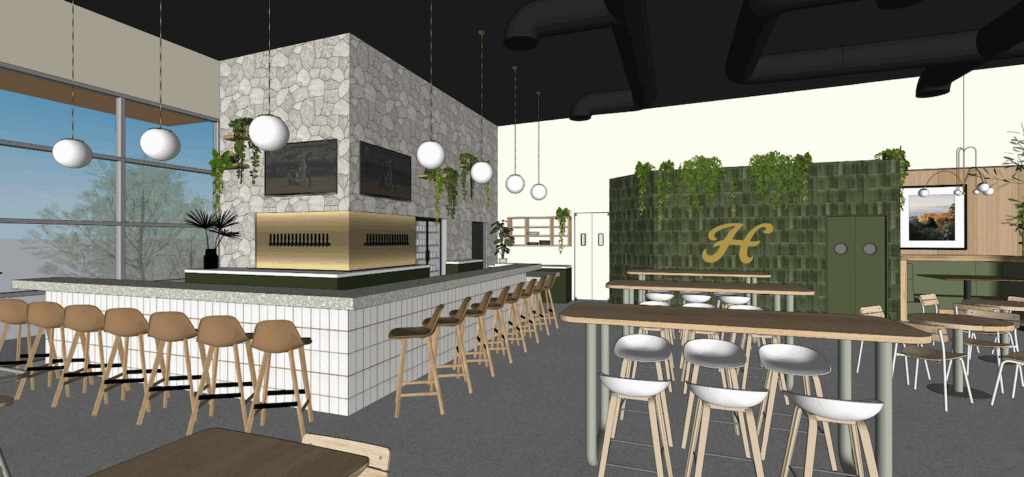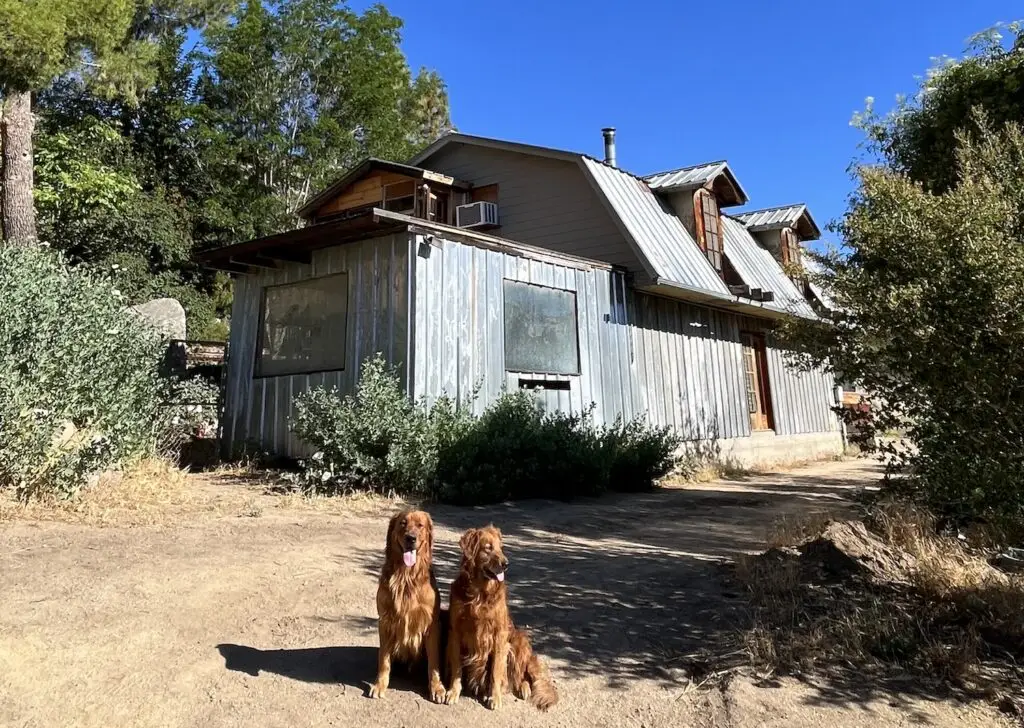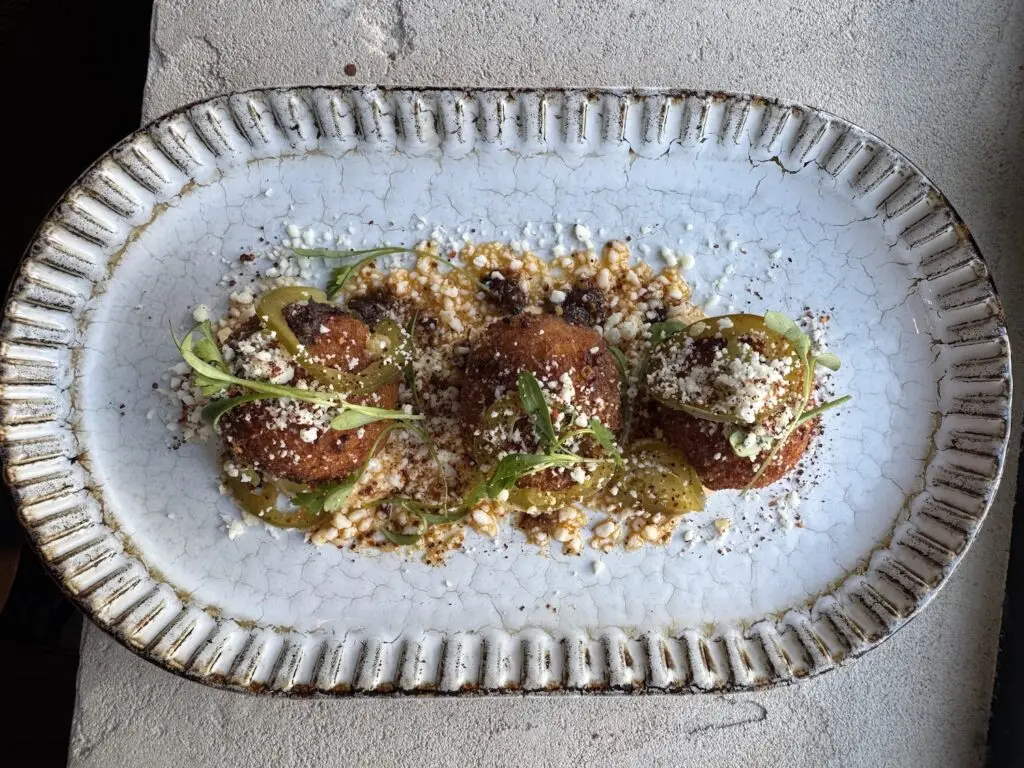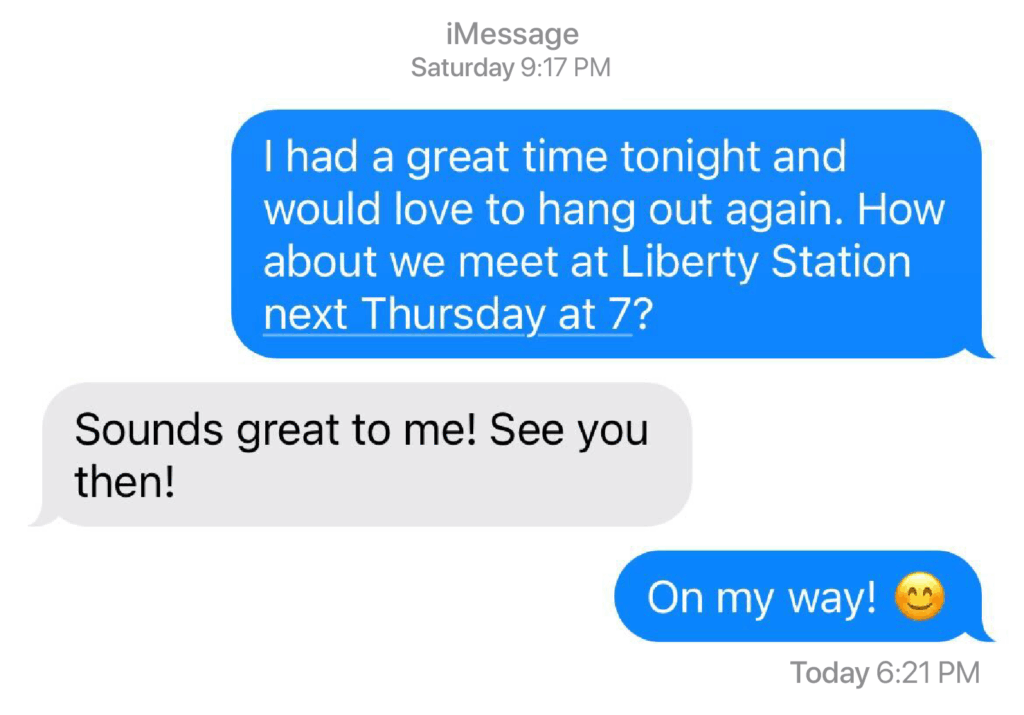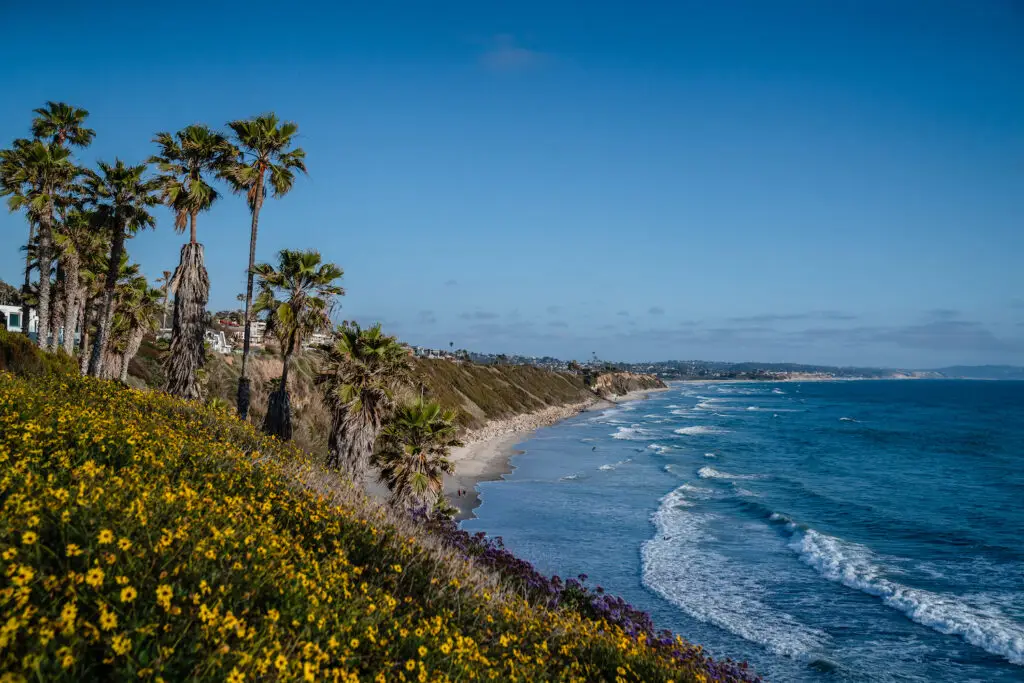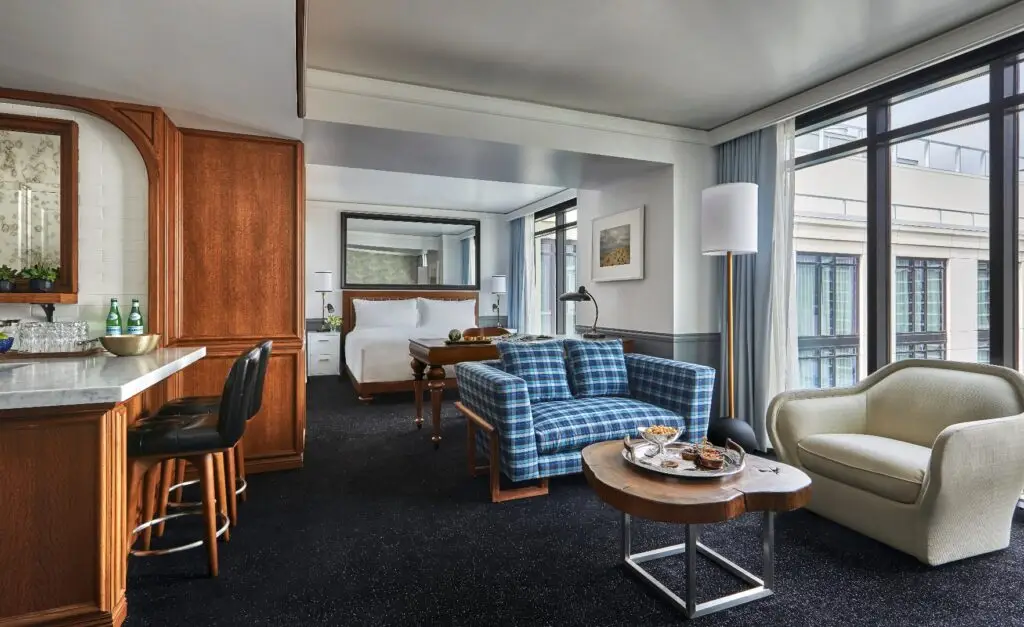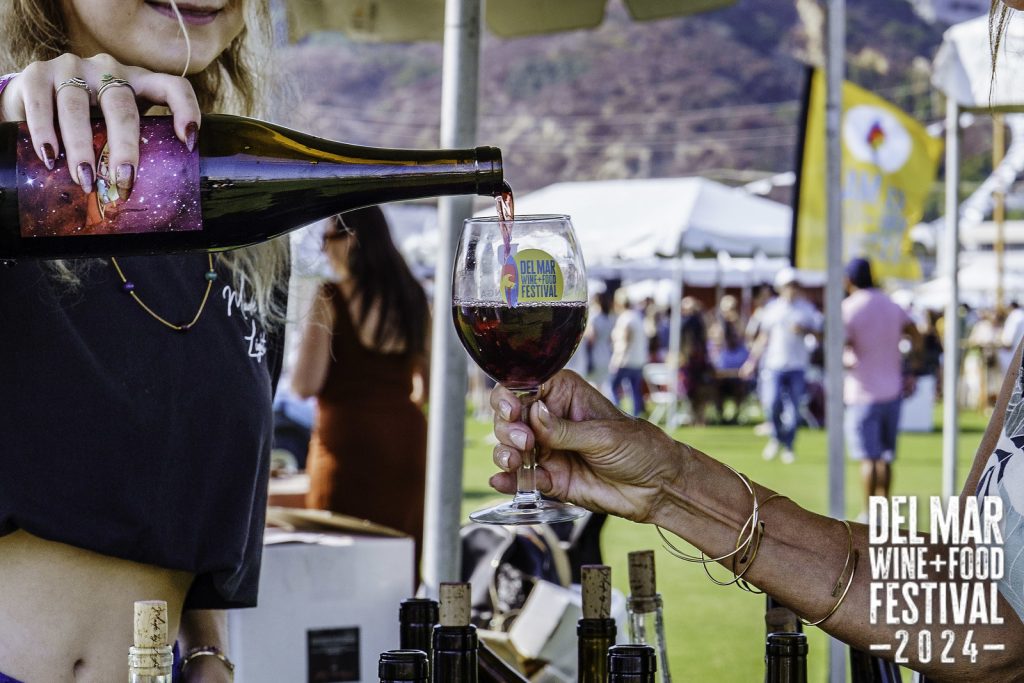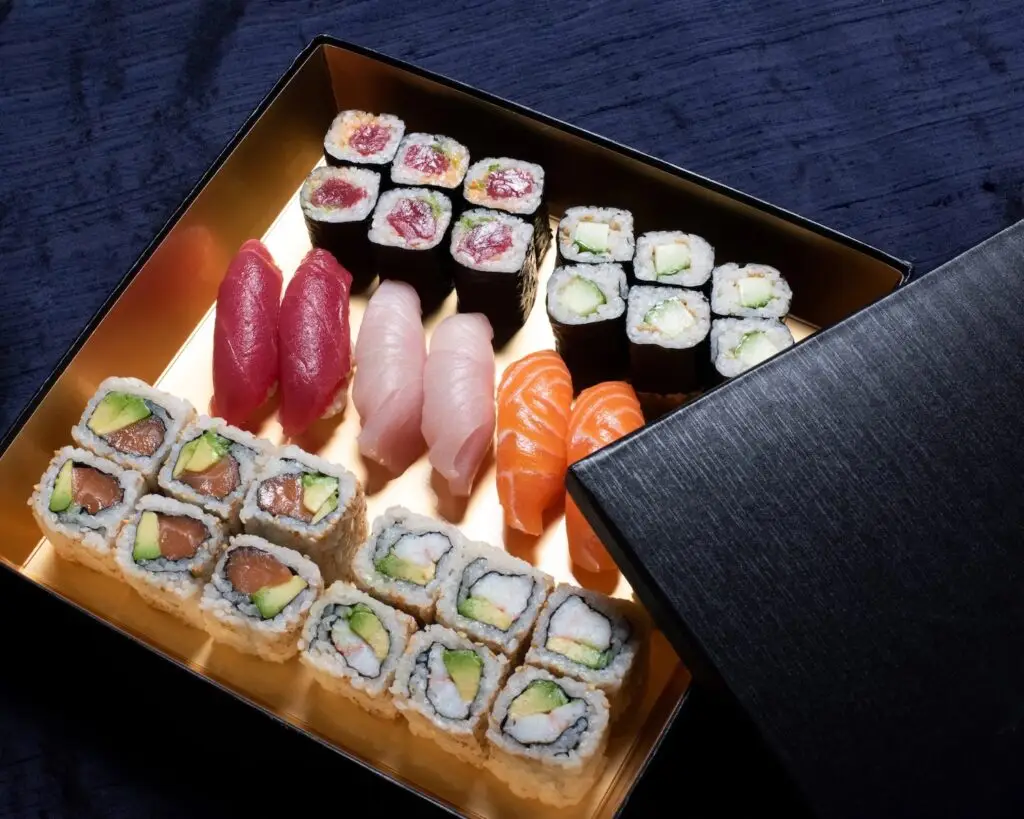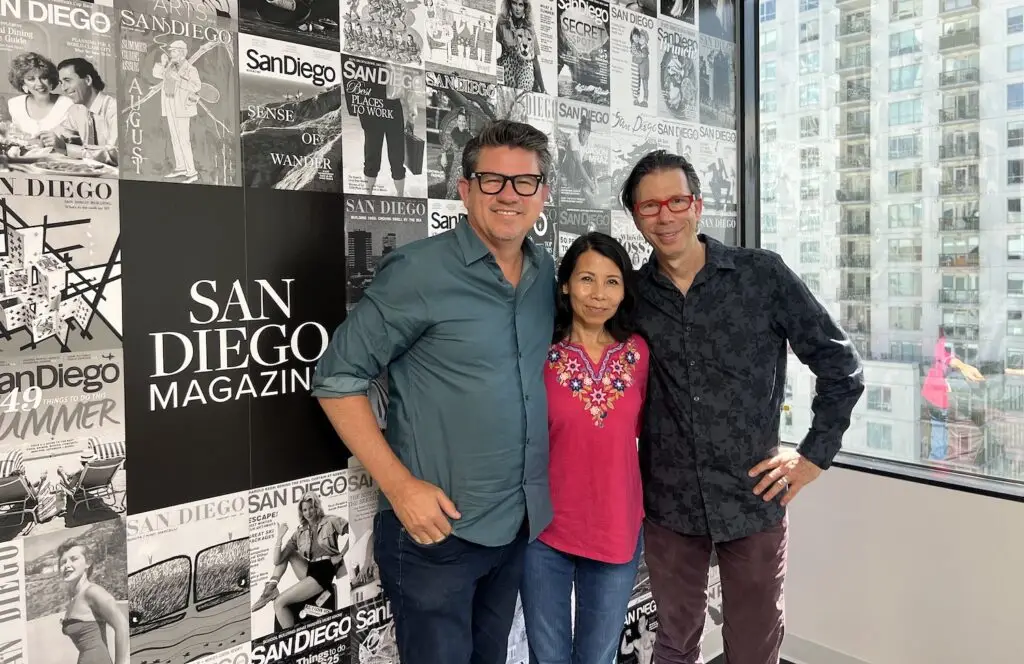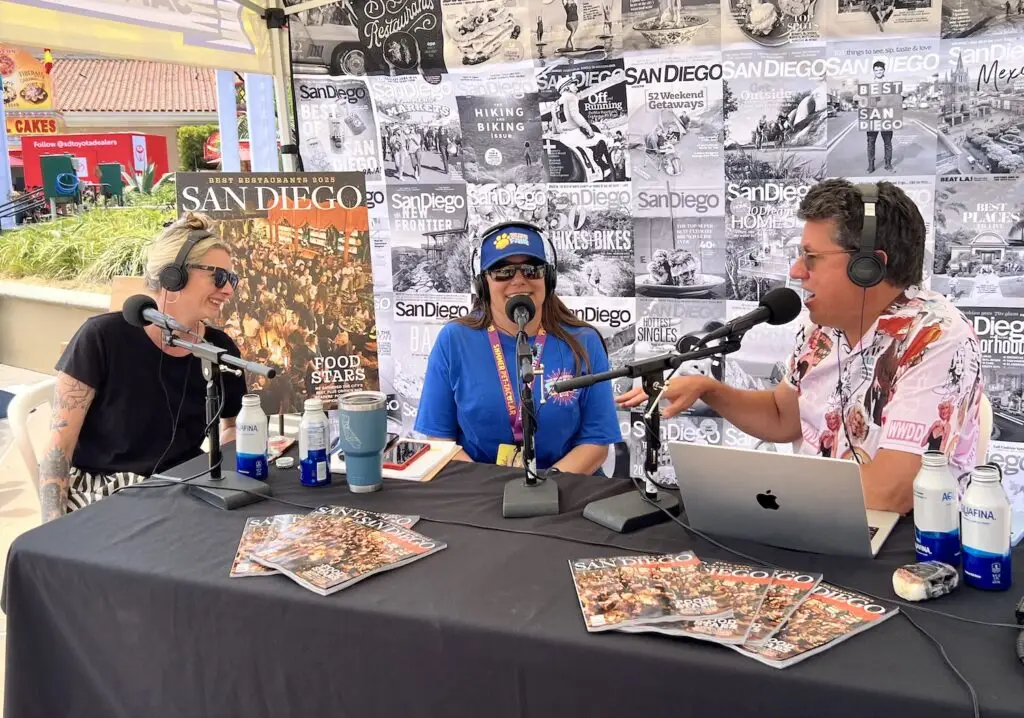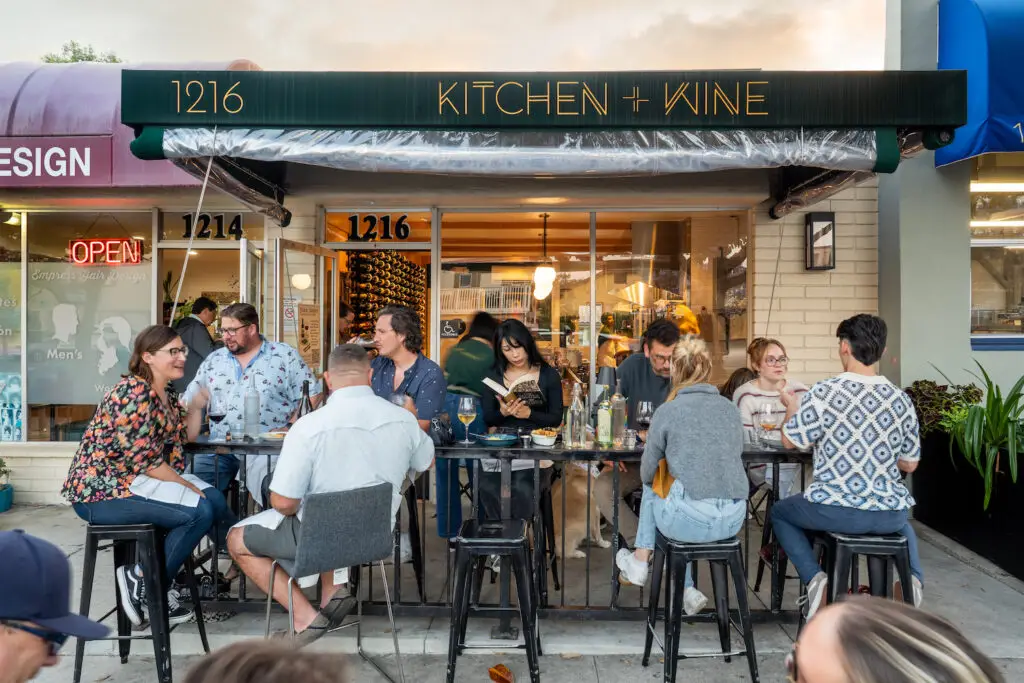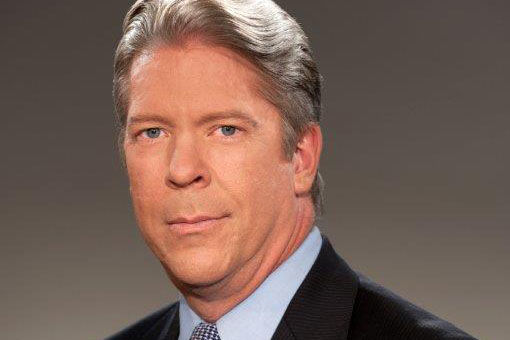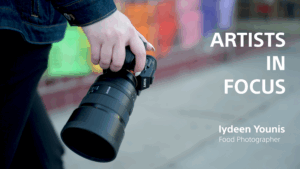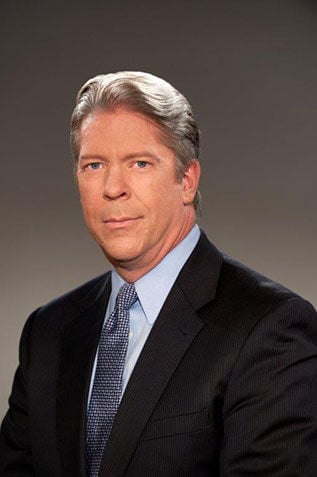
Q&A: Major Garret
Let’s get your San Diego-ness out of the way, right off the bat. Where did you go to high school, and where was your go-to taco shop?
James Madison High School, Class of 1980. The Class with Class as I remember our achingly unoriginal slogan. I have been a devoted El Indio customer since the mid-1970s. Back then, there was no place to eat except across the street. Everything was take out. Best tortilla chips and taquitos on Earth.
You’ve covered everything from the historic 2008 election to local metro beats in Texas, right? What’s been your favorite beat/assignment?
No beat is bigger, more visible or more accountable to an audience than covering the White House. I can’t tell you that covering the White House for CBS News was my dream job growing up in San Diego because my dreams were not that big or ambitious. My biggest dream was just to make it to Washington and see if I could survive. All that being said, I loved covering Congress and presidential campaigns and may have at least one more presidential campaign in my future. But I was lucky very early in my career to realize no story was more important than another. Every story matters intensely to the people in it and the demands of ethical, accurate and truthful journalism apply as much to a police beat story in Amarillo, Texas (where I got my start) to a clash between the White House and a foreign government over war, trade or currency.
What’s something we would be surprised to know about the White House press room?
How small it is and how after a very long day how much it resembles the basement of a large fraternity house. That’s a slight exaggeration. We don’t have any empty beer cans in the press room late in the day (unless it’s 12-pack Tuesday. JOKING!!!!) Also the space allotted to working White House journalists is very small. We’d have more room if we each had our own phone booth.
How close are you standing to other reporters on the White House lawn during those live shots?
About 10 ten feet. Close enough to hear them but not so close it is distracting. We stand right next to each other on the front row for presidential statements from the briefing room. That can be distracting…..if you let it (which I don’t).
How frustrating is it as a reporter to cover Washington politics at a time when so little is actually getting done?
I try to be reflective about covering politics and overall Washington “output.” By that, I mean I resist any temptation to decide whether I like or dislike the output. If things are “getting done” that is a reflection of the politics, leadership and legislative intent of the White House and Congress based on the electorate, interest groups and national momentum. The same is true when things are “not getting done.” Action and inaction represent different signals from the voters and the country as a whole. To cite only one example, Democrats ousted Republicans from power in the House and Senate in 2006 and won the White House in 2008 and a lot “got done.” Then Republicans took back the House in 2010 and announced they would slam the brakes on the system. The Democratic Senate responded in kind. That’s gridlock. And it reflects the election results. In November, voters will render another verdict. I try to let those verdicts and the political reaction stand on its own and cover the action and inaction as curiously and creatively as possible.
Any thoughts on the San Diego contingent in Washington, Isssa, Hunter, Vargas?
I know congressmen Issa and Hunter but do not know Rep. Vargas (better get on that!). Issa has a national profile and Hunter is working on one. I’ll leave it at that.
The 52nd district Congressional race here in San Diego (Peters v. DeMaio) is getting a lot of attention. Do you hear much about it from your post?
Nothing. But that’s not because the race isn’t important or lacks sizzle. The White House and all top-tier political conversations revolve around the fate of the Senate. House races just don’t get as much attention this cycle.
What’s the biggest difference between working on the East Coast versus West Coast versus Middle America in terms of journalism and media?
The journalism is the same. Facts, context, storytelling and curiosity. Now, thanks to the San Diego Union-Tribune (which repeatedly turned me down for jobs when I was young), I’ve never been a West Coast journalist (unless you count Las Vegas). As for working and living, the pace on the East Coast is much faster, more intense and, at times, cruel. I worked in Texas twice and found the people there endless fascinating, ambitious and hard-working. I graduated from the University of Missouri and found the Midwest to be a place of great kindness, wisdom and sufferable silence.
What does CBS’ White House press team look like? How many people do you work with (reporters, producers, editors, new media?)?
Well, there’s me, which means it doesn’t look like much. Bill Plante is my colleague and has been with CBS News for 50 years (covering the White House since 1981) and I learn from him every day. Mark Knoller is also my colleague in the White House booth and has covered the White House non-stop since 1992 (and is the greatest living journalist/archivist of White House activity). We have numerous producers and photographers and when we travel overseas our entourage can sometimes number as many as 10.
Do your kids watch your reports?
I have two teenage daughters and one teenage son. They have grown up with me on television and are blissfully blasé about it all (they seldom see anything I do unless I mention it or, on very rare occasions, a friend does). They critique me and love me as a father, not as a reporter. That’s exactly the way I want it to be.
Do you ever work on 60 minutes? What’s that like?
I have never worked on 60 Minutes but it is on my portable, fervently-hoped-for list.
We also see you on Face the Nation. Do you ever sleep? How do you have time to be a dad and work this much?
I have been honored and fortunate enough to substitute host on Face the Nation several times. I love doing the show. Love it. Like any good reserve infielder, I stay ready for whatever assignment comes my way. I have three children, one of whom is away at college. The other two I see as often as possible between my work and their high school sports, homework and leadership activities. Translation: we text a lot.
You did a Twitter Interview lately where the interviewer called you charming. Do you find social media helpful in doing your job? How do you use it exactly?
I only use Twitter. I use Twitter as a way to expand awareness of my White House coverage and to learn more about events and the world. I rarely converse on Twitter because it takes too much time and often becomes a dead-end that’s ankle deep in hostility and vitriol. When a civil question comes along and I have time, I try to answer it. My diversions on Twitter are these: photography (I post my own pictures that I hope people will enjoy), the Padres, the Chargers and blues music (I have a #BluesThursday feature that posts a select blues number each week). As I often tell young reporters, there are roughly four ways to advance your career on Twitter and about 10,000 ways to kill it. Be careful.
Do you feel pressed to be more of a “personality” now with social media than before it was a thing?
You may not believe this, but I have never tried to have a personality attached to my job. I just try to be a reporter people can trust. I don’t ask that they believe me or trust me, only that they check me against any other competing reporting and decide for themselves. That probably makes me many shades of gray – just not the interesting or best-selling kind.
In that same Twitter interview, you noted that you still root for the Padres and Chargers.
I care deeply about the Padres and Chargers (check my Twitter feed), have many different jerseys and obsess over their victories and losses with something approaching foolish fanaticism. It is well-known among my friends the 1984 NLCS was the greatest weekend of my life. I attended all three games at the Murph, and it was San Diego sports heaven.
How else do you stay connected to San Diego?
We sold the family home in 2009 but I still have friends and family in San Diego. I still consider it home. I work in Washington but I grew up in and cherish San Diego. When this DC ride is done, it is to home I will return. There is no place more beautiful, relaxing or closer to my spirit than San Diego
How did your parents end up here?
My parents (now deceased) both worked for AT&T downtown at 5th and B Street. My mother was a long distance engineer and my father was in marketing. Both were executives and carried briefcases to work each day. That was a great advantage for me growing up – to see both parents out in the world and to get a sense as a child that there was nothing unusual about a working mom. Both parents loved San Diego and turned down bigger jobs with AT&T in San Francisco and New York to stay there. My father is buried at Fort Rosecrans National Cemetery in Point Loma, which I also visit frequently.
How often do you return to San Diego?
I try to find a reason to get home at least twice a year. The reasons are always easy for me to find.
What are your favorite places to visit?
For breakfast, I love the Green Flash. I always run at La Jolla shores and love to hike Torrey Pines. Someday, I will play the golf course. I always hit Petco when the Padres are in town and always fall for the kitchy charms of Seaport Village. Also, when I am really hungry….Lucha Libre for a burrito as big as Boise. I have family in Kearny Mesa and friends in Point Loma, Lemon Grove, Alpine and Hillcrest and enjoy all very much. When there is time, I go to the restaurant I founded as a three-year-old….Major’s Coffee Shop in Pine Valley (joking…about founding it, not enjoying it).
I read that you’re saving longboard surfing for retirement. Why wait?
Funny you should I ask. This summer I tried a longboard for the first time. It was an acquaintanceship with humility I will not soon forget. After three days, I can say I could sit atop the board for long stretches. Next summer… we try to stand – if only for a split second.
Have you really never played Torrey Pines?
PARTNER CONTENT
I left San Diego when I was 18 to go to the University of Missouri. Though I came back during college to work various jobs around town, I never had a chance to play Torrey. My courses in San Diego were small ones near the house – Tecolote Canyon and Mission Bay.
